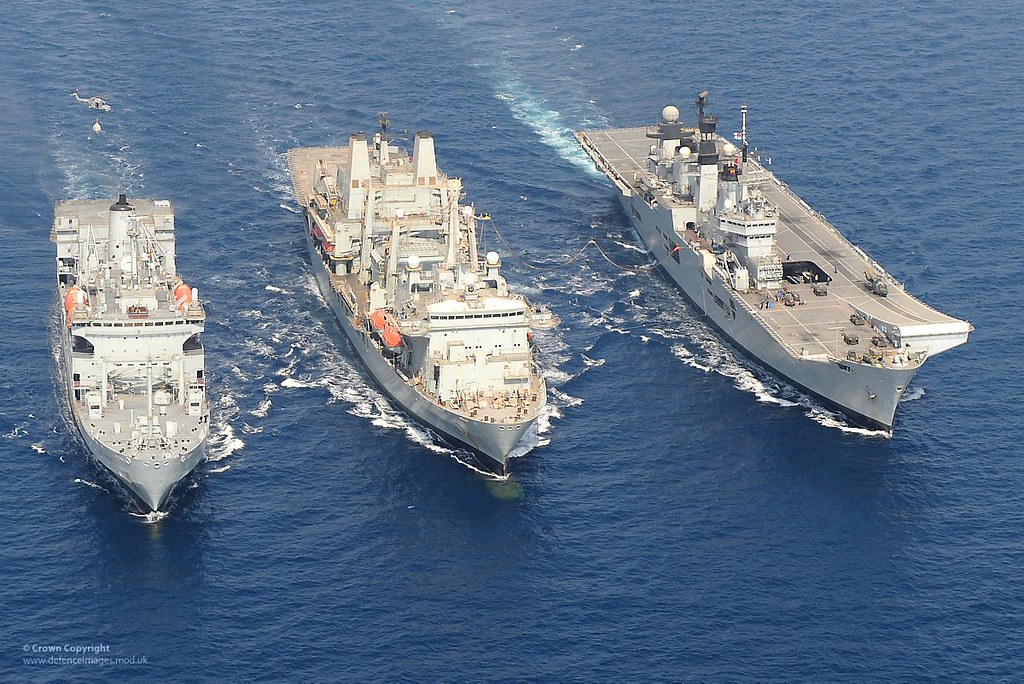Both countries think the other is breaking the rules of the Brexit agreement.
Our world is full of valuable things. These things come in all shapes and sizes, and are both tangible (food) and intangible (time), man-made (chairs) and natural (trees). The reasons we value them also vary. It could be because they keep us alive, or because they make us happy, or because they make us money, or because they just look nice. But one aspect most things share is that they have some sort of scarcity: they can’t be used by everyone all of the time. That’s why a question often found at the heart of economics is how we should share our world’s valuable things.
Right now, the UK and France are having a big blow-up about how they should share out some fish. The fish in question are located around the island of Jersey, which sits between the countries but is British territory. French fishing boats have been making a living from Jersey's waters for a long time. But Britain has now told them that they now can’t go to as many spots as they used to and that they will be allowed to fish there for fewer days a year.
France says that this breaks the terms of the agreement Brexit Britain signed with the EU (which France is a member of). So to try and make the UK play by the rules it is threatening to hurt Britain economically. Specifically, France says it will turn off the underwater cables that run from the French mainland and provide Jersey with 95 percent of its electricity. That would make things difficult for the people and businesses who live there. Many of them need electricity to do their jobs, buy stuff, or connect with friends and family (especially this year!).
Economic punches like this can be very harmful, but they’re generally seen as preferable to the literal punches countries historically used to settle scores with each other. Pretty much nobody thinks the UK and France will go to war over some fish. But Britain did send a bunch of its navy boats over the channel, suggesting it's not planning to back down from this row any time soon.
Read our explainer on: free trade

